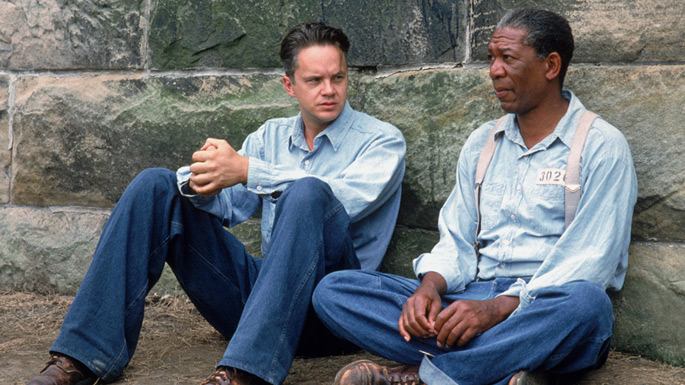A healthy body is made up of about 75% water. Every cell, organ and system in our bodies depends on water to work. We all know we should drink about eight glasses of water per day. Instead, we continue chugging on coffee, juice and sodas, while our bodies strain to function properly. Here are some particularly nasty conditions made worse by not drinking enough water.
1. Headaches
Dehydration is one of the most common causes of headaches in both adults and children. Our brains are up to 80% fluid and when we deprive our bodies of water, blood vessels narrow, and the supply of oxygen to the brain is cut off, sending off pain receptors in the lining of the skull.
2. Fatigue, Dizziness and Brain Fog
Dehydration causes enzymatic activity to slow down reducing the effectiveness of all systems in your body. As a result, you may feel light-headed, unable to concentrate and sleepy.
3. Susceptibility to Colds, Bronchitis and Flu
The mucous membranes of our respiratory systems depend on having enough water to stay moist. When these membranes are too dry, they fail to trap infection-causing germs in the air we breathe. About to catch a cold? Drink more water and let your body do what it is designed to!
4. Constipation
When your body is deprived of water, too much liquid may be extracted from your food in the colon to give to other parts of the body. This may result in constipation.
5. Digestive Disorders
When you don’t drink enough water, your body does not secrete digestive juices in the proper proportions. As a result, your body is unable to effectively digest and fully extract all the nutrients from your food.
6. High and Low Blood Pressure
When you don’t drink enough water, your body may take water from your blood, increasing its concentration. Your heart then has to work harder to get oxygen to your tissues. Arteries, veins and capillaries have to try to adjust the volume of blood being pumped and this may result in high or low blood pressure.
7. Weight Gain, Metabolic Syndrome and Obesity
Aside from the fact that thirst is often confused with hunger, dehydration causes our kidneys to stop functioning properly. The liver then has to help out the kidneys and as a result of that it slows down its rate of fat metabolism, causing us to gain weight.
8. Stomach Ulcers and Gastric Disorders
Some of the water we drink ends up as the mucous which protect membranes from being destroyed by the digestive juices in the stomach. Dehydration dries out these membranes and can give rise to inflammation, stomach pain and ulcers.
9. Premature Aging of the Skin
Your skin is the largest organ of the body. Skin cells, like all other cells, are made up largely of water. Dehydration causes skin to be dry, tight and flaky, making it less resilient and more prone to wrinkling and skin disorders.
10. High Cholesterol
When we don’t drink enough water, our blood becomes concentrated and acidic. Overly acidic blood can damage our arteries or even cause embolisms of the brain, kidneys and other organs. To try to reduce this damage, the body produces excess cholesterol. Water is the cheapest and most effective cholesterol lowering drug.
11. Urinary Tract Infections
Urinary tract infections flourish when protective mucous membranes are dry. Regular urination helps to keep the bladder and urinary tract free from infection.
12. Rheumatoid Arthritis
Cartilage in our joints protects the bones in the joints from rubbing together. Dehydration dries the cartilage, causing it to try to compensate by taking water from the blood. A damaging hormonal chain reaction is then set off leading to the pain and inflammation of rheumatoid arthritis.
Not having enough water causes so much bodily damage, that some health practitioners argue that it is the biggest health hazard facing modern populations. Some studies estimate that up to 75% of adults are chronically dehydrated.
Tips to Start Developing the Water Habit
 1. Always have water within reach. Fill up a one-liter bottle of water to take with you everywhere and refill it during the day.
1. Always have water within reach. Fill up a one-liter bottle of water to take with you everywhere and refill it during the day.
2. Start slowly. If you really don’t like water, start by diluting all sodas, juices and sweetened drinks with half water.
3. Reduce caffeine. Coffee, tea and colas are diuretics; they rid your body of water, and eliminate useful electrolytes.
4. Use a straw. You will drink a lot more without even trying.
5. Develop a routine: drink a glass of water as soon as you wake up in the morning, one before you go to work, one when you get home and another one right before bed.
6. Keep track of your progress or enlist a buddy. Reward yourself for drinking your eight glasses per day.
7. Add a slice of lemon or a squirt of lime juice for zest and flavor.
8. Get bubbly. Sparkling water or club soda are just as effective at hydrating your body, and some people (like me) find it even more enjoyable and refreshing.











